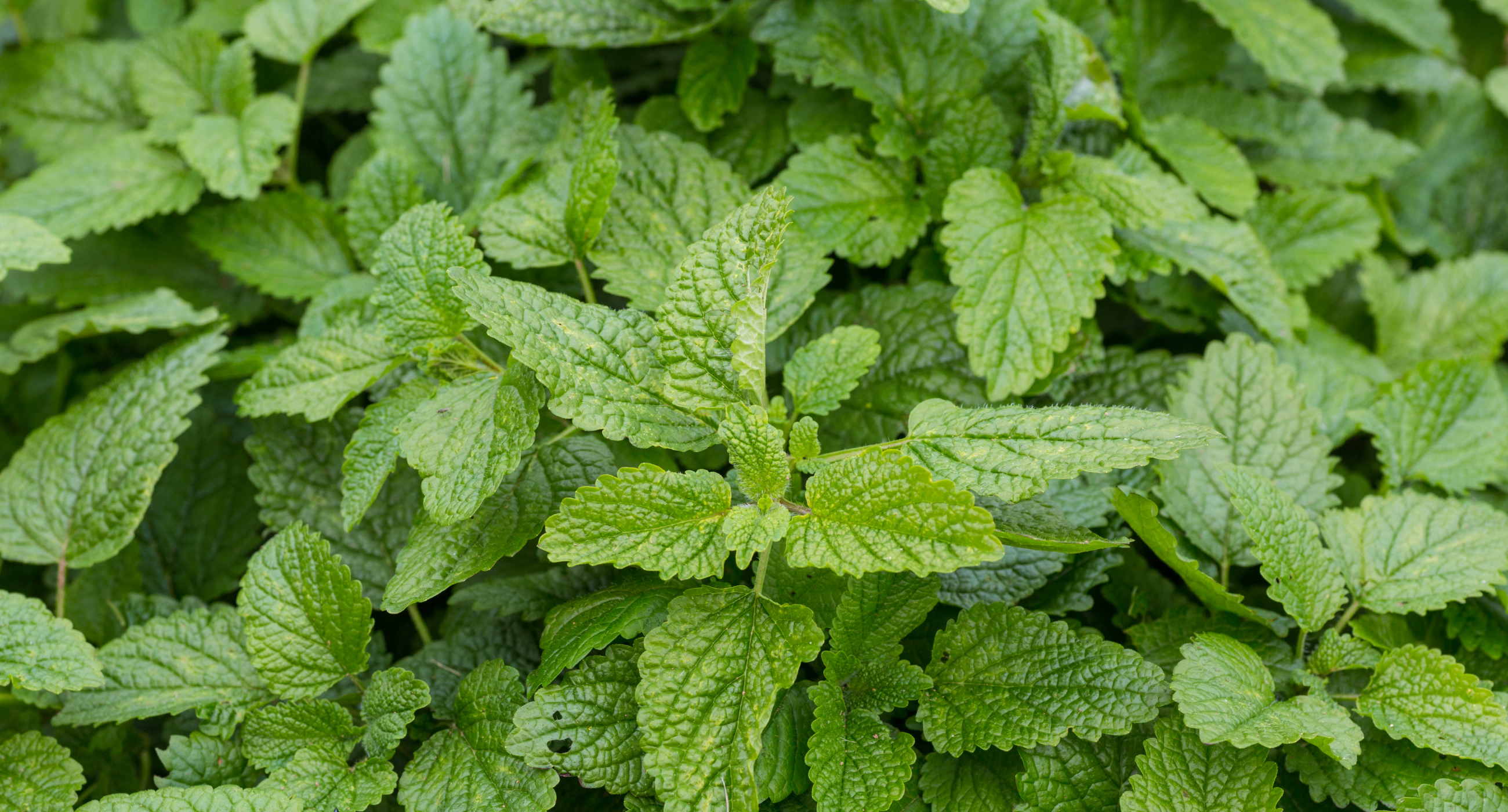
Lemon Balm
Scientific Name: Melissa officinalis
Herbal Profile: Lemon balm (Melissa officinalis)
Botanical Information:
- Scientific Name: Melissa officinalis
- Common Names: Lemon balm, balm mint, common balm
- Family: Lamiaceae (mint family)
- Parts Used: Leaves
Active Compounds:
- Volatile Oils: Citral (neral and geranial), citronellal, linalool
- Polyphenols: Rosmarinic acid, caffeic acid
- Flavonoids: Quercetin, luteolin, apigenin
- Triterpenes: Ursolic acid, oleanolic acid
Therapeutic Properties:
- Antiviral: Effective against viruses such as herpes simplex
- Antioxidant: Neutralizes free radicals and reduces oxidative stress
- Anti-inflammatory: Reduces inflammation in the body
- Antimicrobial: Fights against bacteria and fungi
- Sedative/Calming: Promotes relaxation and reduces anxiety
- Digestive Aid: Eases digestive discomfort and bloating
- Cognitive Support: Enhances mood and cognitive function
Uses:
- Anxiety and Stress Relief:
- Sleep Aid:
- Digestive Health:
- Cold Sores:
- Cognitive Function:
- Menstrual Cramps:
Methods of Use:
- Tea: Fresh or dried leaves can be brewed to make a calming tea.
- Tincture: Concentrated extract taken orally, usually diluted in water.
- Essential Oil: Used in aromatherapy or diluted for topical application.
- Capsules/Tablets: Standardized extracts available as dietary supplements.
- Topical Creams/Ointments: Used for cold sores and skin irritations.
Dosage:
- Tea: 1.5 to 4.5 grams of dried lemon balm leaves per cup of boiling water, steeped for 5-10 minutes, taken 2-3 times daily.
- Tincture: 2-3 mL, taken 2-3 times daily.
- Capsules/Tablets: Typically, 300-500 mg, taken 1-3 times daily.
Precautions:
- Generally considered safe for most people when used appropriately.
- Pregnancy/Breastfeeding: Consult with a healthcare provider before use.
- Interactions: May interact with sedative medications, thyroid medications, and other central nervous system depressants.
Growing Conditions:
- Climate: Prefers temperate climates.
- Soil: Well-drained, loamy soil with a pH of 6.0-7.5.
- Sunlight: Full sun to partial shade.
- Watering: Regular watering, but avoid waterlogging.
Harvesting:
- Harvest leaves just before flowering for the highest concentration of essential oils.
- Leaves can be used fresh or dried for later use.
Lemon balm is a versatile and beneficial herb with a wide range of uses in herbal medicine, making it a valuable addition to any herbalist's repertoire.
